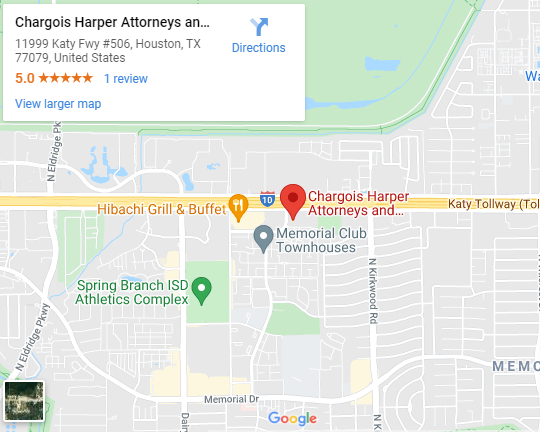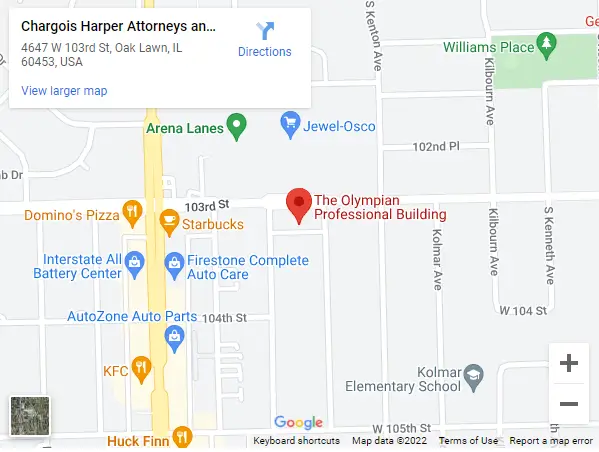Types of Guardianships
Types of Guardianships Houston, Texas
There will come a time when age catches up to you and you will no longer be able to care for your loved ones the way you used to. Apart from that, your financial affairs will all become a big burden to your health. Cases like this are where adult guardianship comes in handy. A legal guardian is also useful for minor children who are in need of assistance in managing their own property.
Basically, guardianship is defined as the court-ordered supervision of incapacitated persons. It is the court’s duty to delegate a guardian legal authority who can make sound decisions for personal and financial matters for incapacitated wards. Guardians are appointed by the court. Guardianship might sound nurturing and caring on paper, but in the legal sense, it’s no lighthearted matter. Since the ward is not in a right state of physical or mental being, the court usually goes to great lengths to ensure that guardians are qualified, trustworthy, and capable individuals.
There is plenty to understand if you think someone you know needs guardianship. Typical qualifications include physical and mental incapacitation but there’s more to this law than what most understand. There are also instances wherein guardianship may not be necessary, especially in the presence of alternatives such as execution of a medical power of attorney. You must also know what the types of guardianships are such as temporary guardianship, in order to make the best decision for your loved ones and their properties. Having knowledge on who can be appointed as guardian also helps you better filter who can care for you or your loved ones.
Are you aware of what the types of guardianships are? Do you think a court-appointed guardianship is right for a loved one? If these questions are buzzing in your mind, deem it wise to get in touch with Houston, TX guardianship and estate planning law attorneys who can explain the process better to you.
What is Guardianship?
Guardianship in the estate planning sense is when a court appoints a guardian or an individual to oversee personal and financial matters for another individual who is physically and/or mentally incapable or incompetent. Appointed guardians must fulfill their duties to help make better decisions for the ward. There are two categories of guardianships, one giving the guardian power to engage in estate planning matters while the other category leaves out the power to make a will or codicil for the disabled person.
Depending on what state you’re in, some don’t have estate planning options at all. This scenario means that the guardian can manage all of the ward’s personal and financial affairs. Other states employ limited guardianship estate planning at common law. Common law provisions are the end result of substituted judgment that narrows the scope of guardianship estate planning.
Guardianship is quite a complicated process. If you wish to know what are the types of guardianships, it is best to enlist the help of Houston TX, guardianship attorneys who can guide you towards making the best decision for your disabled loved ones.
What Are The Types of Guardianships?
Before considering guardianship, it is important to know the various types of appointed guardians and how to categorize them. Read below to understand what are the types of guardianships:
- Personal Guardians- Personal guardians are also known as custodian guardians. As previously mentioned, guardianship isn’t only for the incapacitated, even minor children need a guardian. Personal guardians have legal authority and responsibility to provide the care, custody, and upbringing of the minors.
- Financial Guardians- Financial guardians have legal authority to manage the ward’s finances or even a minor child’s finances if the parents have passed on. By default, the child’s surviving parent will be the financial guardian.
- Conservators- A conservator has an overlapping definition with financial guardians as they are responsible for managing the finances of the incapacitated adult or child. Conservators are in charge of paying bills and taxes. If the dependent has already put a financial power of attorney, a conservatorship isn’t necessary.
- Pet Guardians- These are also known as caregivers for pets if the ward prefers to have someone care for their pets should they pass on. The ward needs only to entail instructions on how the pet should be cared for.
These are the types of guardianships you must be aware of before considering this process. If you or a loved one is in a type of guardianship you do not approve of, it is best to consult with Houston, TX guardianship attorneys to help smoothen out the matters.
Who Can Be A Guardian?
Parents can typically appoint a guardian for their children in their will and adults can appoint one for themselves if they feel they are on the brink of incapacitation. There are certain standards potential guardians must adhere to before becoming fully fledged in their role. One cannot just appoint any person. After all, it is the probate judge that appoints them and will base criteria on the ward’s individual needs and situation and to ensure that the guardian is competent and has the ward’s best interest in mind. An individual may be disqualified as a guardian if:
- They have filed for bankruptcy in the last 7 years
- Suspended from professional practice involving money
- Committed a crime against another person
- Convicted of a felony
In the event that no individual wants to undertake the duties of a guardian, the probate court may appoint a state employee or a public guardian. If you have any concerns regarding the appointment of a guardian, it is best to get in touch with guardianship attorneys who can explain the process to you and represent you in court.
How Long Does A Guardianship Last?
The types of guardianships determine the length of the process. Read below to know how long each guardianship lasts:
- Testamentary Guardianship-or guardianship for minor children lasts until the child reaches 18.
- Conservatorship-typically lasts for the ward’s entire lifetime.
- Temporary Guardians-until the time frame of guardianship has been fulfilled
When is Guardianship Needed?
Typically when we think of guardianship, we assume that the individual in question is impaired or does not have the ability to care for themselves. This is true, however, that those who lack the capacity to care for themselves are in need of extra assistance for their well-being. But is guardianship actually needed?
Individuals with less permanent changes won’t need guardianships along with those who have directives including:
- Medical power of attorney
- Agent appointment under a durable power of attorney
- Establishment of joint bank account
- Creation of a special needs trust
- Creation of a Chapter 1301 management trust
These among a slew of other alternatives to guardianships are reasons why an individual won’t need this process. Probate courts, however, require evidence that these aren’t valid in order to appoint a guardian.
Seek Legal Advice from Guardianship Attorneys
Do you suspect that you could be inapacitated? Do you have minor children that you’d be leaving behind when you pass on? Do you wish for your family members to be your guardians? If these questions apply to you, it is time to consider guardianship. Contact Chargois Harper to get in touch with Houston, TX guardianship attorneys. These guardianship attorneys will explain the guardianship process to you, help you understand what the type of guardianships are, and enlighten you on the court proceedings and the guardian’s roles. Schedule your appointment with Houston, TX guardianship attorneys right now.

You can count on us to protect your interests and resolve your legal concerns in Texas & Illinois.
Houston Office
11999 Katy Freeway #506
Houston, TX 77079
Illinois Office
4647 W. 103rd Street, Oak Lawn Illinois 60453
Get Help From Our Illinois & Texas Attorneys
All the information on this website – www.chargoisharper.com – is published in good faith and for general information purposes only. Chargois Harper Attorneys and Counselors at Law does not make any warranties about the completeness, reliability and accuracy of this information. Any action you take upon the information you find on this website (Chargois Harper Attorneys and Counselors at Law), is strictly at your own risk. Chargois Harper Attorneys and Counselors at Law will not be liable for any losses and/or damages in connection with the use of our website.
Copyright © 2024 Chargois Harper Attorneys and Counselors at Law - All Rights Reserved. | Powered by Advantage Attorney Marketing & Cloud Solutions



